Note: With the release of body cam footage of 13-year-old Adam Toledo's murder by Chicago police, the ongoing trial of Derek Chauvin, and the rippling impacts of Daunte Wright's murder, we're still channeling our rage and grief for Black lives into action. If you're feeling motivated to act but aren’t sure where to start, we encourage you to attend the Beyond Policing Working Group meeting later this week to engage with ongoing efforts to eradicate police violence locally and nationally.
We’re about to say “Indigenous solidarity” a lot, so let’s start with what we mean when we say it: Indigenous solidarity is making sure our work helps achieve the vision and goals of Indigenous people who are fighting for liberation for Indigenous people and for the land they’ve lived on and taken care of for millennia.
We’re talking about Indigenous solidarity because we believe that it’s a critical piece of racial justice, and we’re ready to grow our work to meet that belief. Because while we’ve been living, learning, and organizing around other things, we’ve been on land that was stolen from Indigenous people, in violation of dozens of treaties, through horrific violence done by our ancestors.
We know that white people have more wealth and safety now because of a long history of exploitation around the world. Our ancestors profited from enslaving Black people. They also profited from viciously killing, stealing from, and forcing Native tribes off of their land so they could get at the resources the land provided.
We know that in the generations since these massacres and thefts, our people have systematically worked to erase Native people by occupying their land, removing access to their water, and narrating history as if Indigenous people used to live here. That’s why so many of us don’t know that New York City is home to the largest urban population of Native Americans of anywhere in the country.
Hundreds of you have joined SURJ NYC in the last year. We know we have the people power to integrate Indigenous solidarity into our work. All we need is you. Are you ready to dig in with us to stand in solidarity with the Indigenous community of NYC? Here’s what you can do next:
Join us on Monday, May 3 to learn more and get support in incorporating Indigenous solidarity into your anti-racist practice. Register here.
Make a monthly donation to the Manna-hatta Fund to support services and programs by and for Native people in NYC. (Make sure to write that you heard about it from SURJ NYC.)
Sign up here to help launch SURJ NYC’s Indigenous solidarity work. We’ll keep you posted on ways to be involved.
We can’t wait to learn and grow into this work with you.
In solidarity,
SURJ NYC

